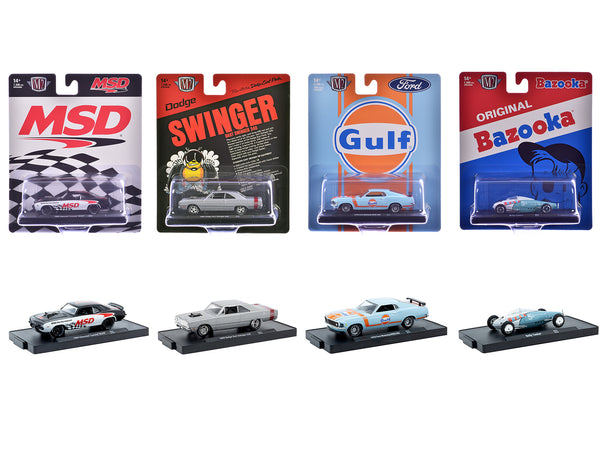
Unveiling the Meaning Behind BMW: Decoding the Iconic Luxury Brand
Related Products
Rapid Vehicles
$128.99
Rapid Vehicles
$30.99
Rapid Vehicles
$112.99
Rapid Vehicles
$122.99





